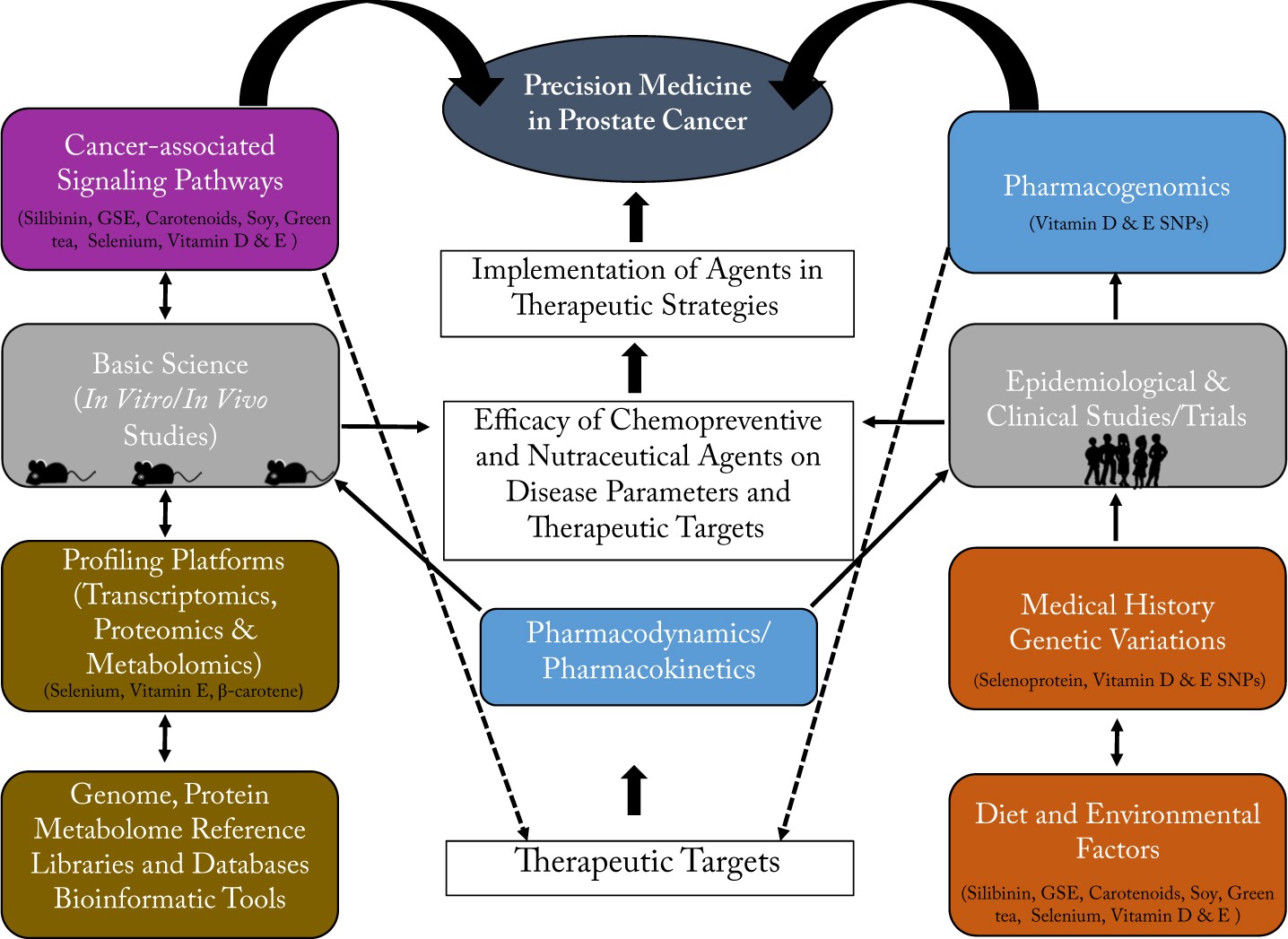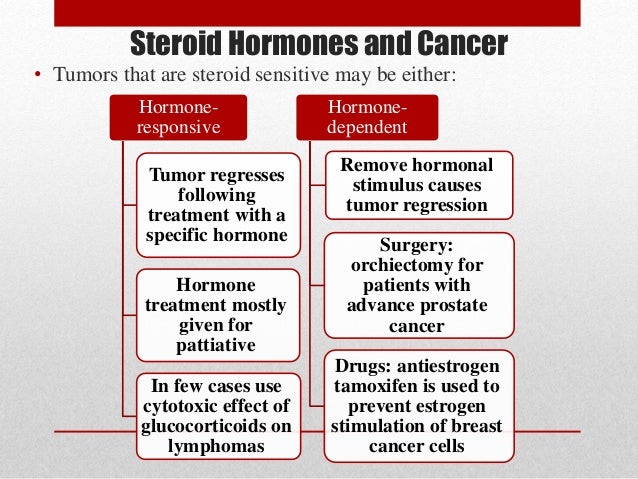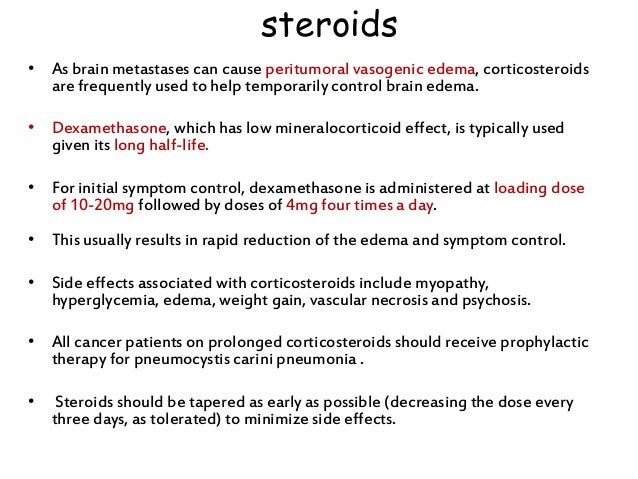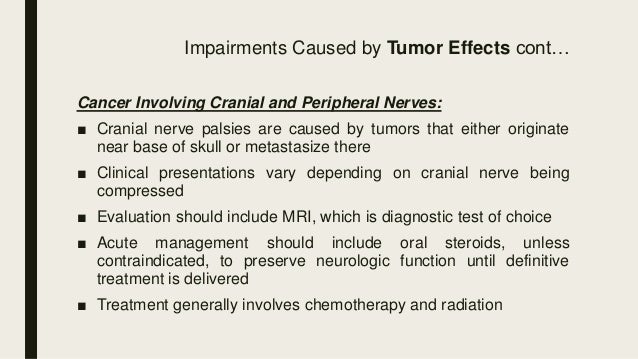The information on this page is about steroids used in cancer treatment. According to the who and eapc pain management recommendations an adjuvant.
 New Dimension Of Glucocorticoids In Cancer Treatment
New Dimension Of Glucocorticoids In Cancer Treatment
role of steroids in cancer treatment is important information accompanied by photo and HD pictures sourced from all websites in the world. Download this image for free in High-Definition resolution the choice "download button" below. If you do not find the exact resolution you are looking for, then go for a native or higher resolution.
Don't forget to bookmark role of steroids in cancer treatment using Ctrl + D (PC) or Command + D (macos). If you are using mobile phone, you could also use menu drawer from browser. Whether it's Windows, Mac, iOs or Android, you will be able to download the images using download button.
Steroids prescribed during cancer treatment are usually prescribed for a period of time.

Role of steroids in cancer treatment. The management of pain in cancer patients is based on the concept of the world health organization who analgesic ladder and was recently updated with the eapc european association for palliative care recommendations. Steroids in some ways might be thought of as the unsung heroes of cancer care. They control different functions in our bodies such as the immune system or the way the body uses food.
These are man made versions of the hormones produced by the adrenal glands just above the kidneys. Ingraham pioneered the use of cortisone to treat postoperative cerebral edema in neurosurgical patients in 1952 and kofman first used prednisone for peritumoral edema from brain metastases in 1957. Corticosteroids have been used in combination with chemotherapy for the treatment of metastatic castration resistant prostate cancer mcrpc for more than three decades particularly to treat pain inflammation and edema.
You may start experiencing symptoms relating to steroids but may not have been told about them. Steroids sometimes called corticosteroids are substances that are made naturally in the body. Their role in controlling cancer pain and other indications in the course of cancer and some practical aspects of steroid use will be discussed in this article.
The type of steroids you might have as part of your cancer treatment are usually a type called corticosteroids. Although this is described in the literature currently there is no evidence to support this practice. Steroids can be used as part of cancer treatment or to help with the side effects of treatment.
Cancer pain may be relieved effectively with opioids administered alone or in combination with adjuvant analgesics. Steroids used in cancer treatment include. More recently they have been used in combination with hormonal agents.
While chemotherapy radiation therapy and especially the newer targeted therapies and immunotherapy get all the praise for killing cancer steroids work quietly behind the scenes preventing and minimizing complications and even making other therapies work better. Systemic steroids are sometimes used to shorten the course and to reduce the pain of sunburn when given early and in relatively high doses equivalent to 40 60 mgd of prednisone. They also help to reduce inflammation.
6 19 the design of large clinical trials in which a steroid treatment only groups are considered the best supportive care group underlines the conviction most physicians hold for the critical role of steroids in managing the patient with symptomatic central nervous system metastatic disease. Steroids were introduced into the care of brain cancer patients nearly 50 years ago based on their powerful effects on tumor induced edema. Taking steroids in the morning rather than before bed can reduce insomnia and the feeling of being jittery at night time common steroid side effects.
Steroids can reduce pain intensity by inhibiting prosta glandin synthesis and reducing vascular permeability.
 Prednisone As Antitumor Anticancer
Prednisone As Antitumor Anticancer
 What Are Corticosteroids And How They Are Used In Cancer
What Are Corticosteroids And How They Are Used In Cancer
:max_bytes(150000):strip_icc()/bald-female-cancer-patient-reading-label-on-prescription-medication-bottle-in-clinic-examination-room-697538667-594c63b75f9b58f0fce4522e.jpg) What You Need To Know About Steroids And Cancer
What You Need To Know About Steroids And Cancer
 New Dimension Of Glucocorticoids In Cancer Treatment
New Dimension Of Glucocorticoids In Cancer Treatment
 The Bifunctional Role Of Steroid Hormones Implications For
The Bifunctional Role Of Steroid Hormones Implications For
 Approach To The Patients With Brain Metastases
Approach To The Patients With Brain Metastases
 Cancer Progression In Sex Steroid Hormone Cancers Summary
Cancer Progression In Sex Steroid Hormone Cancers Summary




